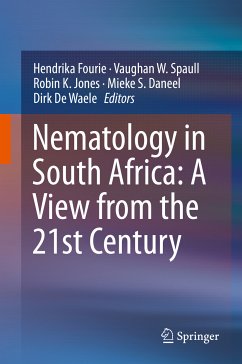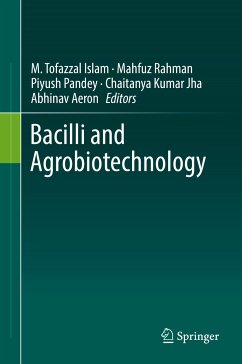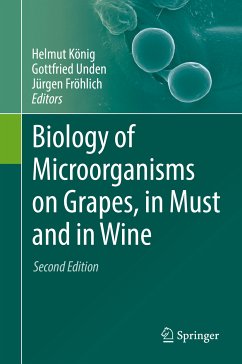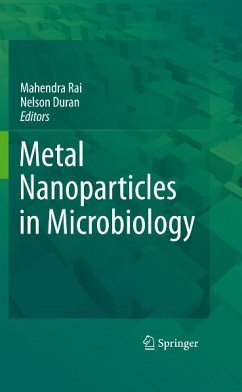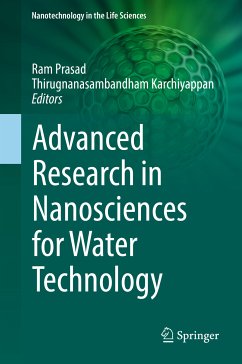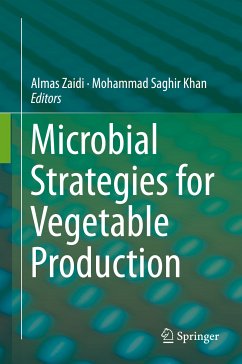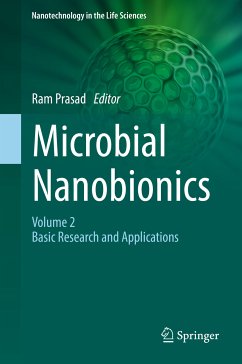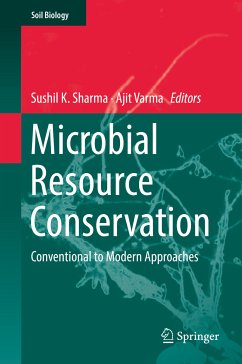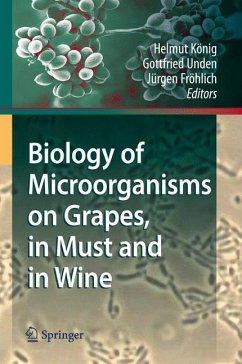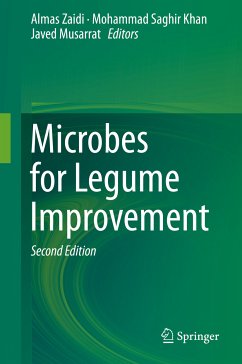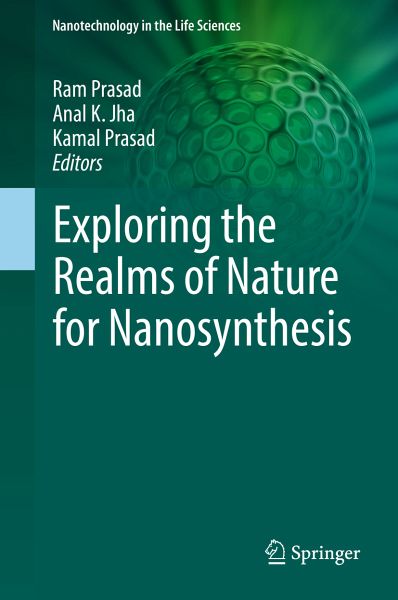
Exploring the Realms of Nature for Nanosynthesis (eBook, PDF)
Versandkostenfrei!
Sofort per Download lieferbar
72,95 €
inkl. MwSt.
Weitere Ausgaben:

PAYBACK Punkte
36 °P sammeln!
Nature, by dint of its constitution, harbors many unassuming mysteries broadly manifested by its constituent cohorts. If physics is the pivot that holds nature and chemistry provides reasons for its existence, then the rest is just manifestation. Nanoscience and technology harbor the congruence of these two core subjects, whereby many phenomenon may be studied in the same perspective. That nature operates at nanoscale-obeying the principles of thermodynamics and supramolecular chemistry-is a well understood fact manifested in a variety of life processes: bones are restored after a fracture; cl...
Nature, by dint of its constitution, harbors many unassuming mysteries broadly manifested by its constituent cohorts. If physics is the pivot that holds nature and chemistry provides reasons for its existence, then the rest is just manifestation. Nanoscience and technology harbor the congruence of these two core subjects, whereby many phenomenon may be studied in the same perspective. That nature operates at nanoscale-obeying the principles of thermodynamics and supramolecular chemistry-is a well understood fact manifested in a variety of life processes: bones are restored after a fracture; clots potentially leading to cerebral strokes can be dissolved. The regeneration of new structures in our system follows a bottom-up approach. Be it a microbe (benign or pathogenic), plant (lower or higher), plant parts/organs, food beneficiaries, animal (lower), higher animal processing wastes, these all are found to deliver nanomaterials under amenable processing conditions. Identically, the molecules also seem to obey the thermodynamic principles once they get dissociated/ionized and the energy captured in the form of bonding helps in the synthesis of a myriad of nanomaterials. This edited volume explores the various green sources of nanomaterial synthesis and evaluates their industrial and biomedical applications with a scope of scaling up. It provides useful information to researchers involved in the green synthesis of nanomaterials in fields ranging from medicine to integrated agricultural management.
Dieser Download kann aus rechtlichen Gründen nur mit Rechnungsadresse in A, B, BG, CY, CZ, D, DK, EW, E, FIN, F, GR, HR, H, IRL, I, LT, L, LR, M, NL, PL, P, R, S, SLO, SK ausgeliefert werden.



